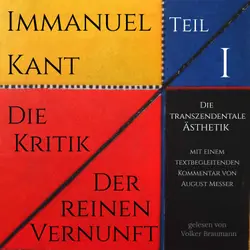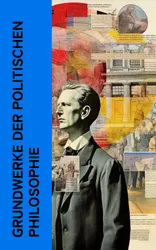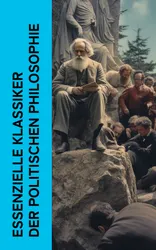Kant's Critique of Judgement is the third and final part of his series of Critiques, which began with Critique of Pure Reason and continued with Critique of Practical Reason.
Critique of Judgement was published in 1790 and is divided into two parts, the Critique of Aesthetic Judgement and the Critique of Teleological Judgement.
Our ‘judgements of taste', as Kant describes our aesthetic judgements, have both a personal and a universal function: personal because we have a subjective aesthetic response to the ‘agreeable', the ‘beautiful', the ‘sublime' and the ‘good'; but also there is a ‘universal' aspect because our aesthetic response has a 'disinterested' element. This brings under Kant's spotlight, for example, the concept of beauty and the perception of beauty. Teleology, the idea that something has an end or purpose, is discussed in the second section. Here Kant, though not an atheist, questions, among other things, metaphysical proofs of God, including God as an intelligent designer.
Translation of Critique of Judgement by James Creed Meredith.












